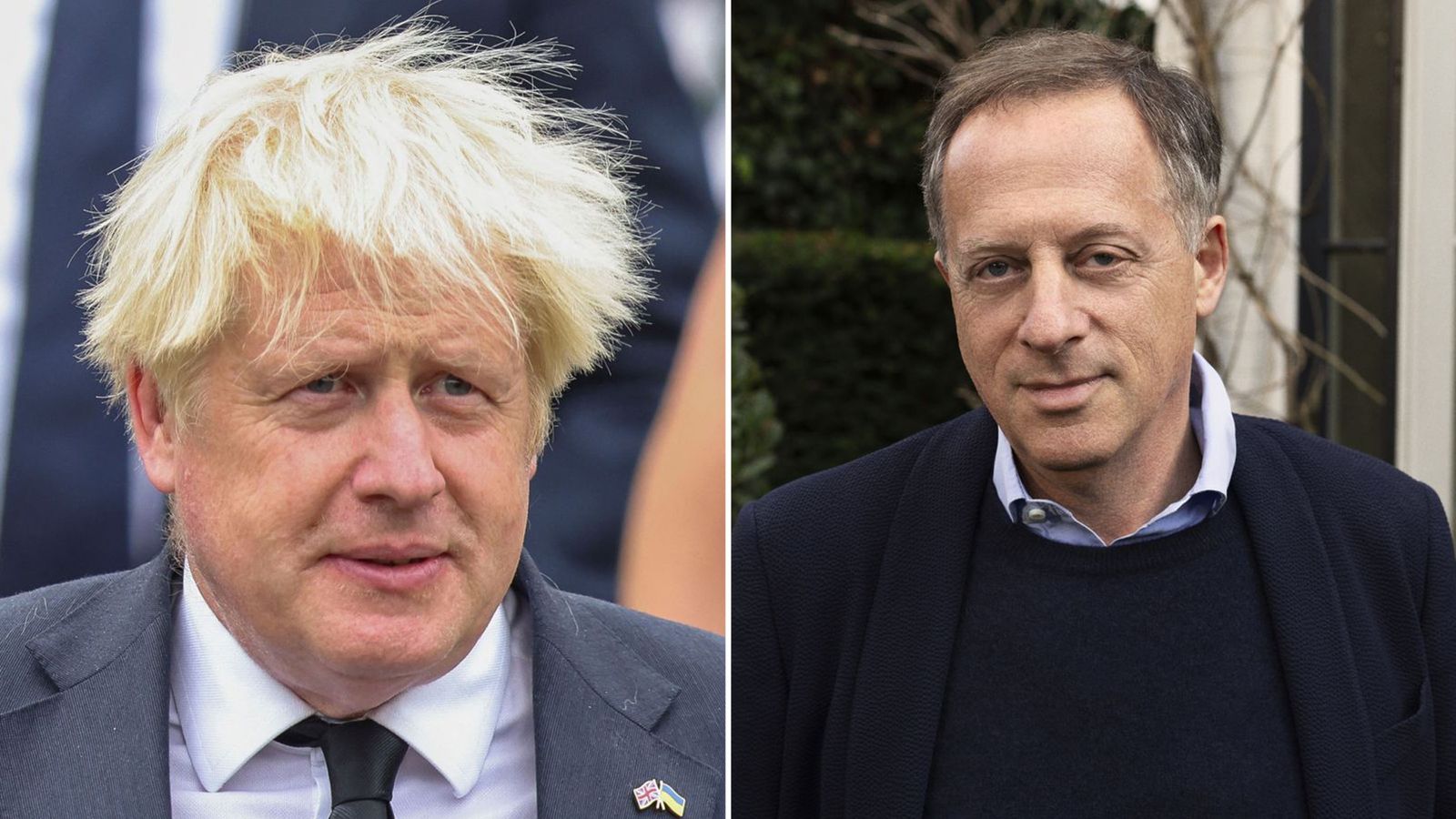New Delhi: The controversy regarding the appointment of BBC chairman Richard Sharp, who has been accused of influencing the then British Prime Minister Boris Johnson, to appoint him as the head of the BBC by facilitating a £800,000 loan to Johnson, has led to calls from within influential voices of Britain to make the BBC “independent”. British Members of Parliament have called the entire matter regarding “cash for appointment” as an indication of “Banana Republic” at play. Sharp, a career banker, was appointed to the said post for a period of four years in January 2021. As per information that has emerged, Sharp, who was advising the British government on the economic response to the coronavirus pandemic, was contacted by an old friend Sam Blyth, a distant cousin of then Prime Minister Johnson and a millionaire businessman, in September 2020. stating that he wanted to help Johnson with his financial difficulties.
After this, Sharp submitted his application for the BBC chairman’s post in November 2020, something which he also intimated to Johnson. It later emerged that Sam Blyth became the guarantor of a credit facility of up to £800000 that helped fund Johnson’s extravagant lifestyle. Sharp, in his own words, acted as a “sort of introduction agency” during which he arranged a meeting between then Cabinet Secretary Simon Case and Blyth on how to financially help Johnson.
Unlike common perception, the BBC is a massively rich body. In 2021-22, it earned £5.3 billion out of which £3.8 billion was from license fee and £1.53 billion from commercial income and grant income. In the same year, after taking all losses, expenses into account, it was left with a £206 million surplus. It spent £2,956 million on content generation in the same year. BBC World Service (Hindi) with a weekly reach of 32.3 million is the third most consumed product of the BBC globally, after English (92.5 million) and Arabic (39.2 million).
The individual for the role of BBC chairman, as per the 40 pages BBC Charter, is decided by the Prime Minister of UK on the advice he receives from the cultural secretary and hence, even as per the charter, is not an “independent individual” in the true sense. The BBC, as per the charter that governs its day-to-day business, is answerable to the Secretary of the State, a government official. Sharp’s conduct has come under questioning in India too over the content of the documentary that was recently released by the BBC. As per the BBC’s March 2022 annual records, the said documentary, based on the Gujarat riots, which was initially named as “Modi’s India” was to be released sometime in the last few months of 2021, but it was delayed due to “Covid 19” related restrictions. The said documentary was later released as “India-the Modi question” in January 2023.
The Sunday Guardian’s email to BBC seeking the following queries—the reasons for releasing the documentary in January 2023, which was slated for 2021, when other two documentaries that were slated for late-2021 were released on time and whether BBC commissioned the production or whether it bought the said documentary from the original producers—did not elicit a response till the time the story went to press.
BBC’s ‘independent’ approach comes under Question
- Advertisement -

